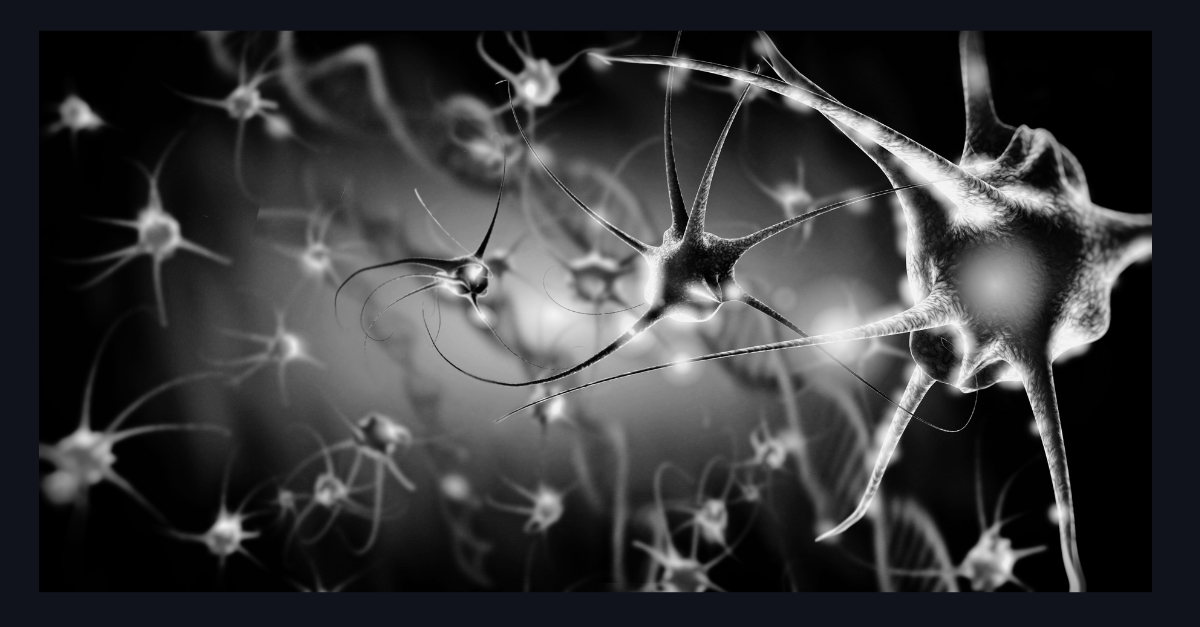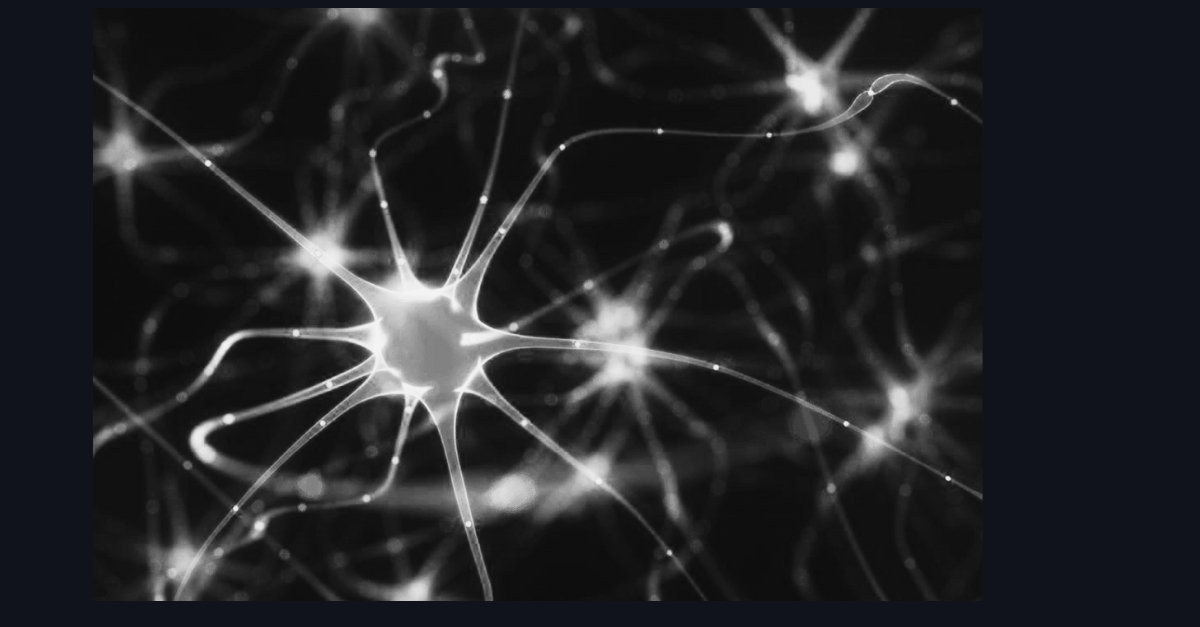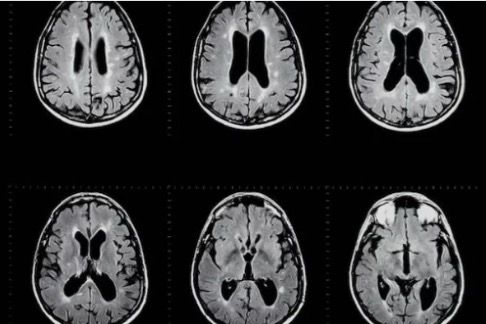Key TakeawaysGenerics, biosimilars, and NBCDs are designed to provide cost-effective alternatives to originator drugs. However, they require rigorous regulatory processes to ensure comparable efficacy and safety.
Generics typically do not need clinical trials, while biosimilars must demonstrate similarity in structure, efficacy, and safety to the originator drug.
Studies show that biosimilars and generics are effective in managing multiple sclerosis (MS), with comparable safety and patient satisfaction. For example, follow-on therapies like fingolimod and biosimilar rituximab show similar...
BIOGRAPHY
Nikolaos Grigoriadis
Professor of Neurology at the Aristotle University of Thessaloniki
Dr Nikolaos Grigoriadis graduated from the Faculty of Medicine of the Aristotle University of Thessaloniki. He did his PhD thesis and residency in Neurology in the same institution. He has been specialized in clinical and experimental Neuroimmunology and CNS immunopathology in a number of research centers and institutions abroad.
He is now Professor of Neurology at the Aristotle University of Thessaloniki and Head of the of the B’ Dept of Neurology, AHEPA University Hospital, the MS Centre and...
BIOGRAPHY
Magd Zakaria
Head of the Multiple Sclerosis Unit at the Ain Shams Specialized University Hospital.
Magd Zakaria obtained his medical degree from the Medical School of Ain Shams University in 1980 where he graduated with honors. He completed his residency and obtained his Master’s Degree in Neuropsychiatry at the Neuropsychiatric Department of Ain Shams University in 1984. Prof. Zakaria became Assistant Lecturer in 1989 and thereafter obtaining his MD degree in Neurology in 1989. Prof. Zakaria became Assistant Professor of Neurology in 1994 and Professor of Neurology since 1999 until...
BIOGRAPHY
CELIA OREJA-GUEVARA
Vice Chair of Neurology and Head of Multiple Sclerosis Center at the University Hospital San Carlos, Madrid
Professor Celia Oreja-Guevara is Vice Chair of Neurology and Head of Multiple Sclerosis Center at the University Hospital San Carlos, Madrid and Professor of Neurology at the University Complutense, Madrid, Spain.
After receiving her MD from the University Complutense, Madrid, Professor Oreja-Guevara completed a PhD in neuroimmunology at the Max-Planck-Institute for Neurobiology, University of Munich, Munich (Germany). She then went on to complete a residency...
BIOGRAPHY
Bart Van Wijmeersch
Associate Professor of Neurology at the University of Hasselt
Bart Van Wijmeersch is a neurologist specialized in Multiple Sclerosis. He is medical director of the Rehabilitation and MS Center in Pelt where he leads the multidisciplinary MS-team. Furthermore, he is an associate professor of Neurology at the University of Hasselt, affiliated with the Biomedical Institute, where he’s involved in pre-clinical as well as the clinical research on MS at the biomedical institute (BIOMED). He has a supporting role in all the immunological research on blood- and CSF...
ABSTRACT
In the past 20 years, the concept of antibody mediated demyelinating disorders have emerged. These diseases, namely Aquaporin-4 (AQP4) positive neuromyelitis optica spectrum disorders (NMOSD) and myelin oligodendrocyte (MOG)- antibody associated disease (MOGAD), share common features with multiple sclerosis, but are fundamentally different in terms of pathophysiology, disease course and treatment. In this lecture we will provide a clinical, biological and imaging description of these two entities, and propose a focus on the features that helps to differentiate in between these conditions.
Learning...






